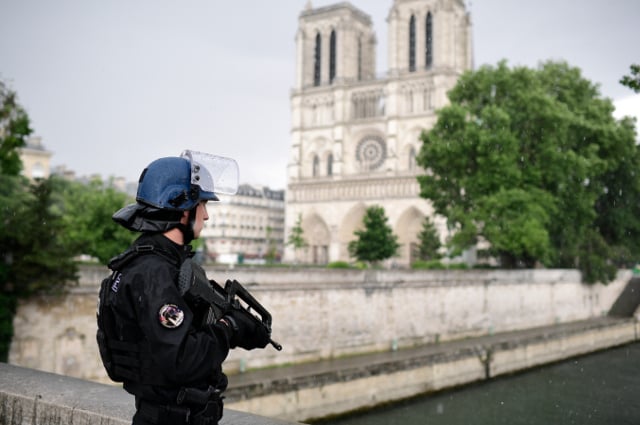
- Timeline: How jihadists have targeted soldiers and police in France
- France's anti-terror measures are curbing human rights, blasts Amnesty International

The French government has laid out four ways it plans to boost the fight against terrorism as part of a new drive that it is hoped will replace the country's state of emergency, when or if it ever comes to an end.



Member comments